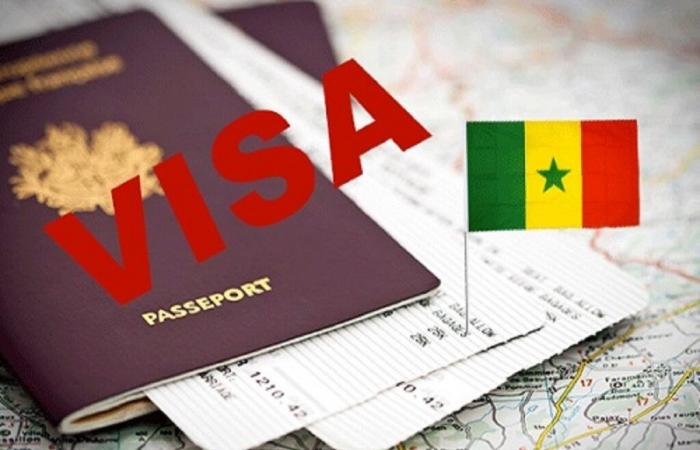A visa is required for a non-citizen to enter a country. In recent years, many countries have lifted this obligation to allow the free movement of goods and people.
In other words, if a country asks the Senegalese before entering their territory, the nationals of this country will have to obtain a Senegalese visa before entering Senegalese territory.
Prime Minister Ousmane Sonko announced Friday December 26, 2024 that Senegal seeks to apply the principle of reciprocity to countries which impose visas on its nationals.
“We will apply the principle of reciprocity for the issuance of visas to nationals of certain countries requiring it from our nationals”he declared to the deputies during the government’s general policy declaration (DPG).
Since May 1, 2015, Senegal has abolished the paid biometric visa procedure. The legislative and regulatory texts establishing it have not been repealed.
“It is therefore a question, taking into account previous experience, of clearly identifying the weaknesses before any decision.
In particular those linked to possible impacts on tourism, delays in the issuance of visas, added to the availability of material and human resources in airports and land border crossings in Senegal”he explained.
According to the Prime Minister, the Senegalese government has started discussions with countries to establish free visas for Senegalese nationals on the basis of the principle of reciprocity.
Ousmane Sonko informs that discussions will take place with countries whose procedures for processing visa applications harm Senegalese citizens.
The goal of this project is to understand the pricing of fees payable for processing requests. As well as the procedures for verifying the authenticity and transmission of civil status documents.






